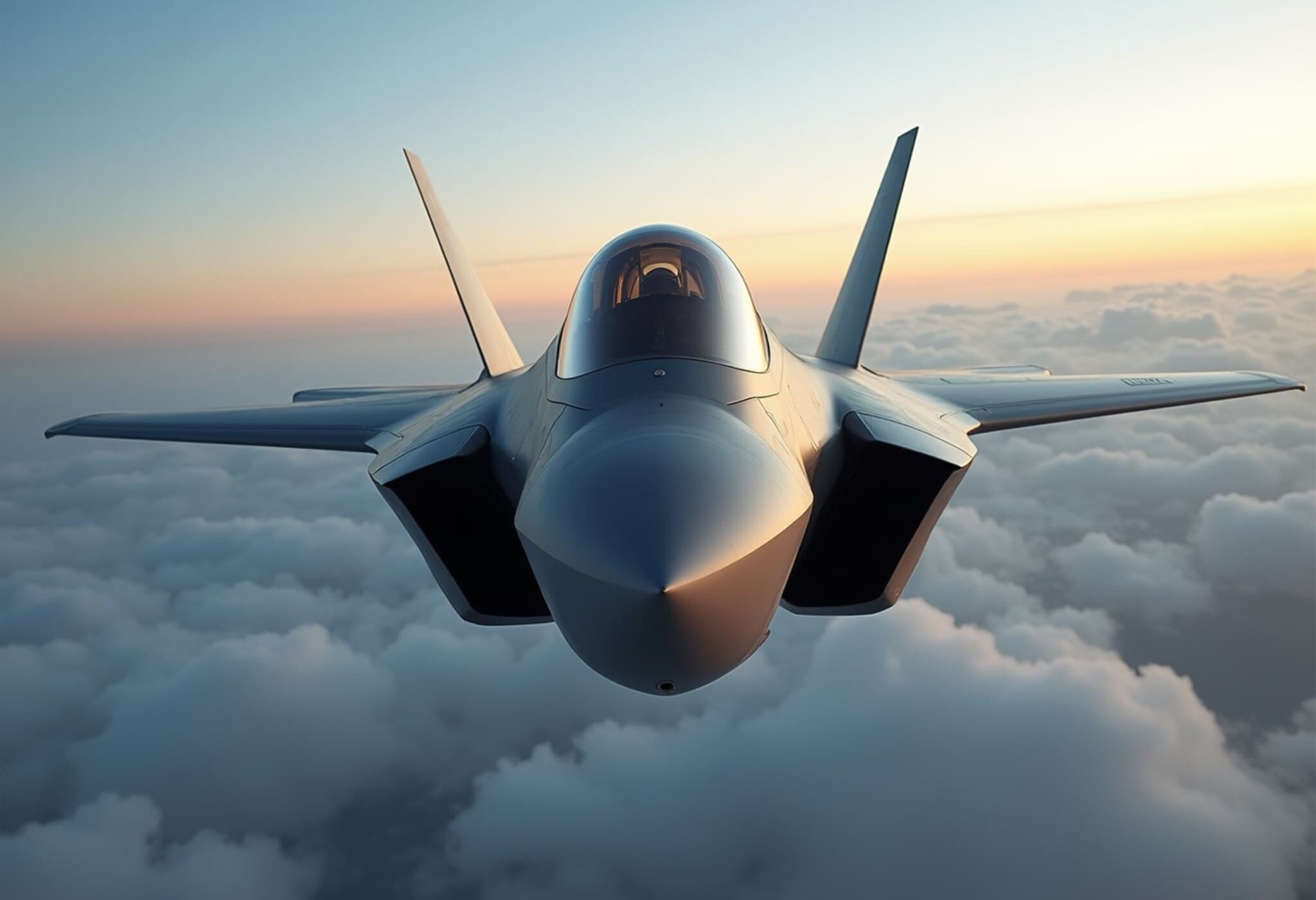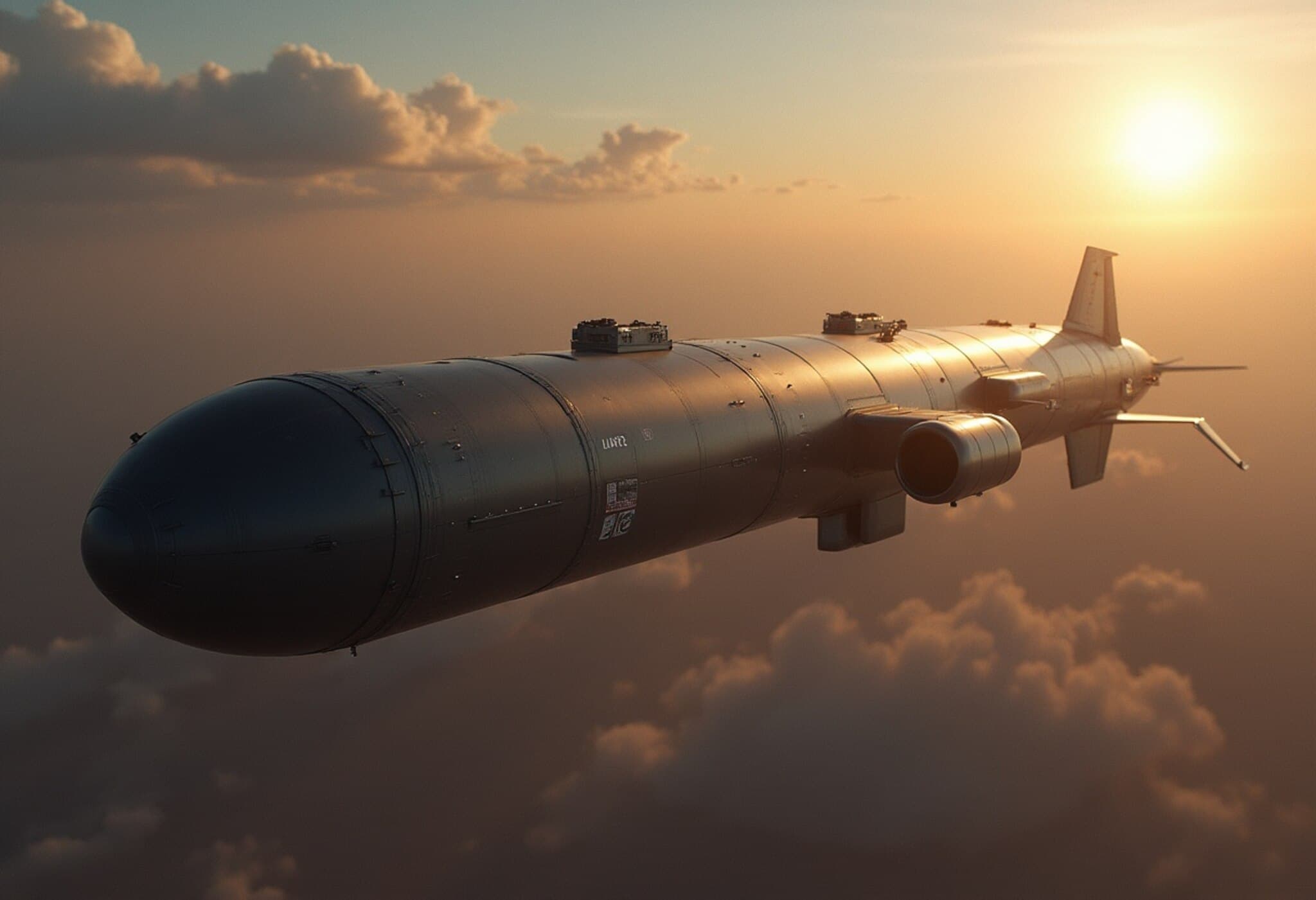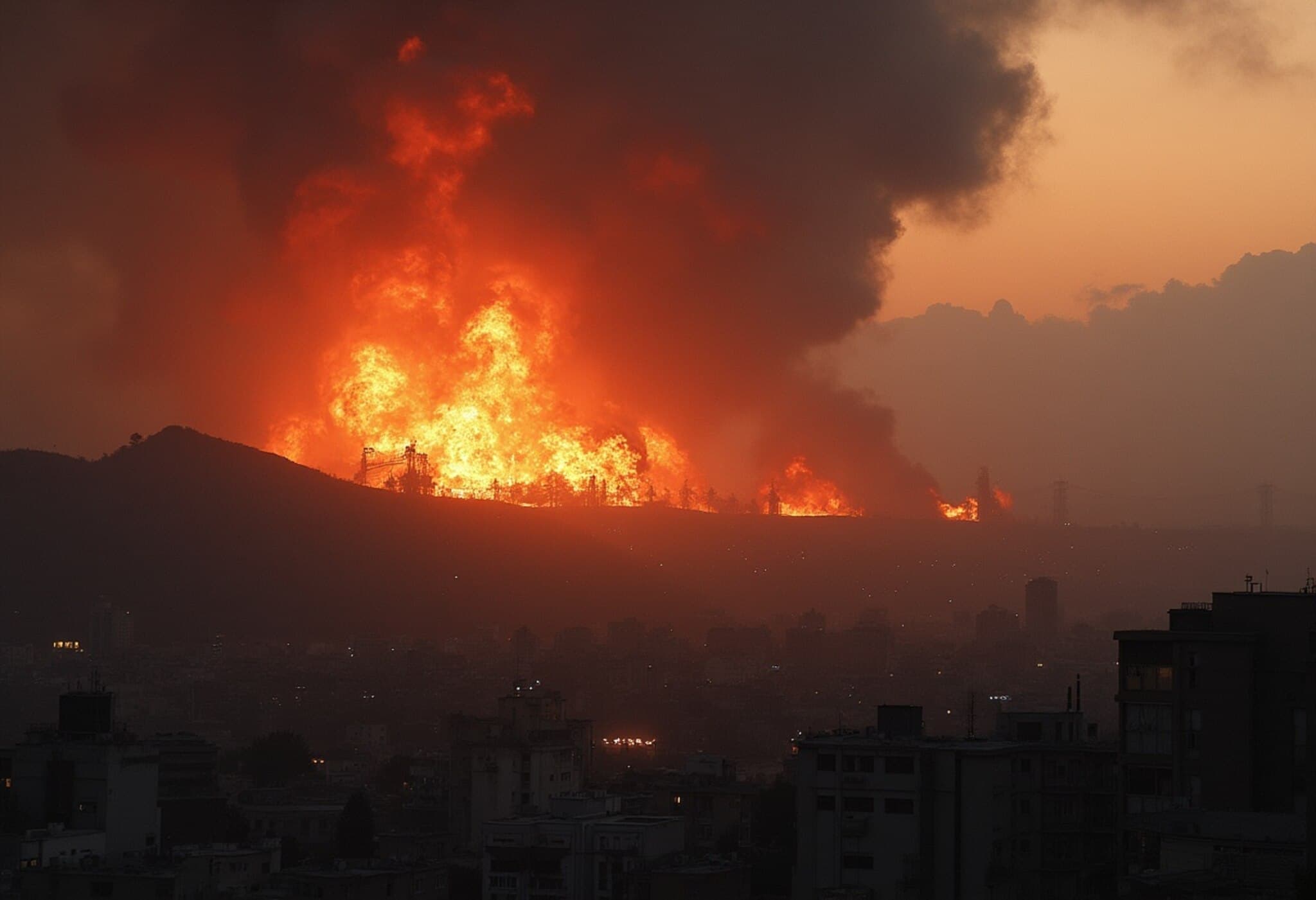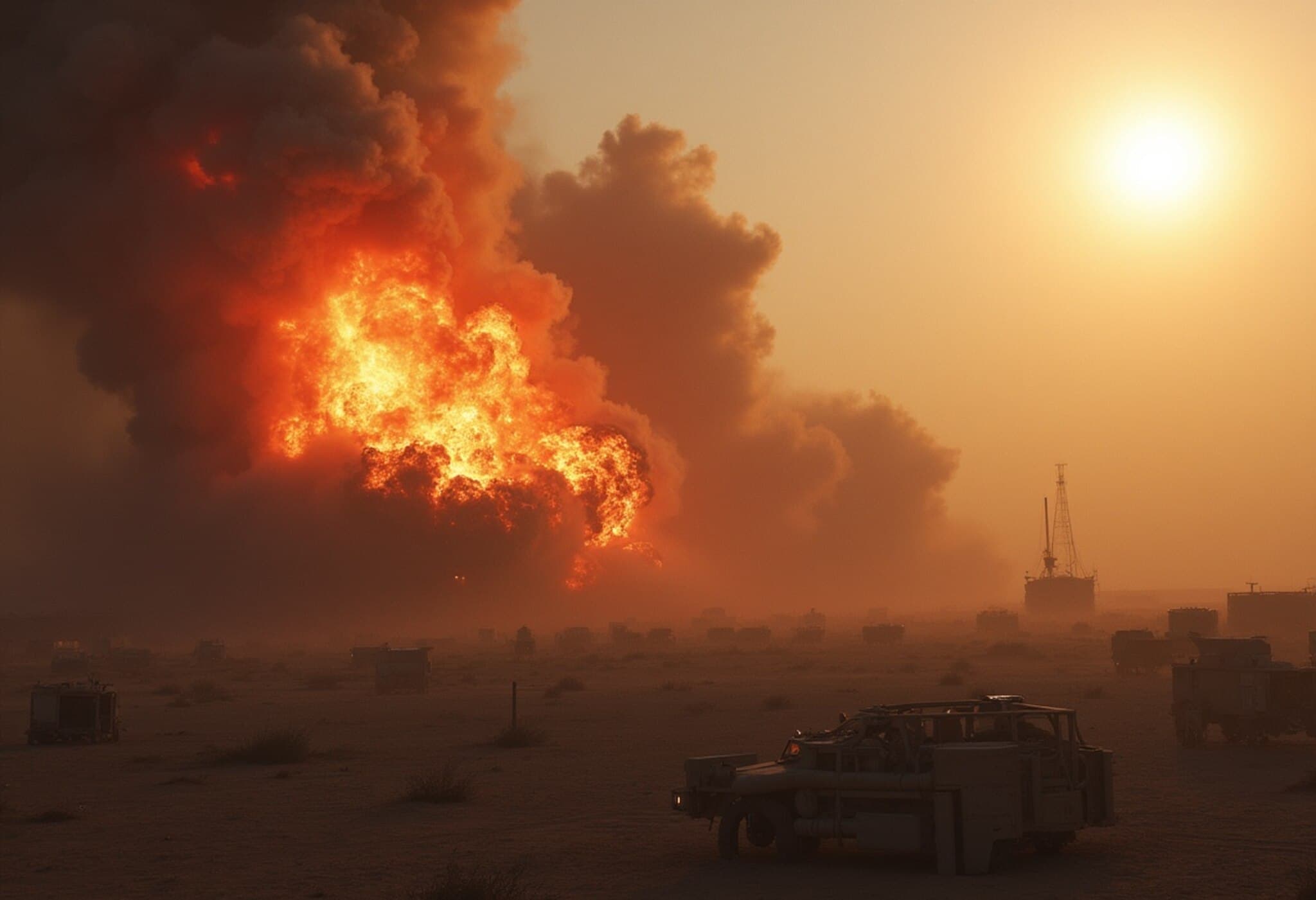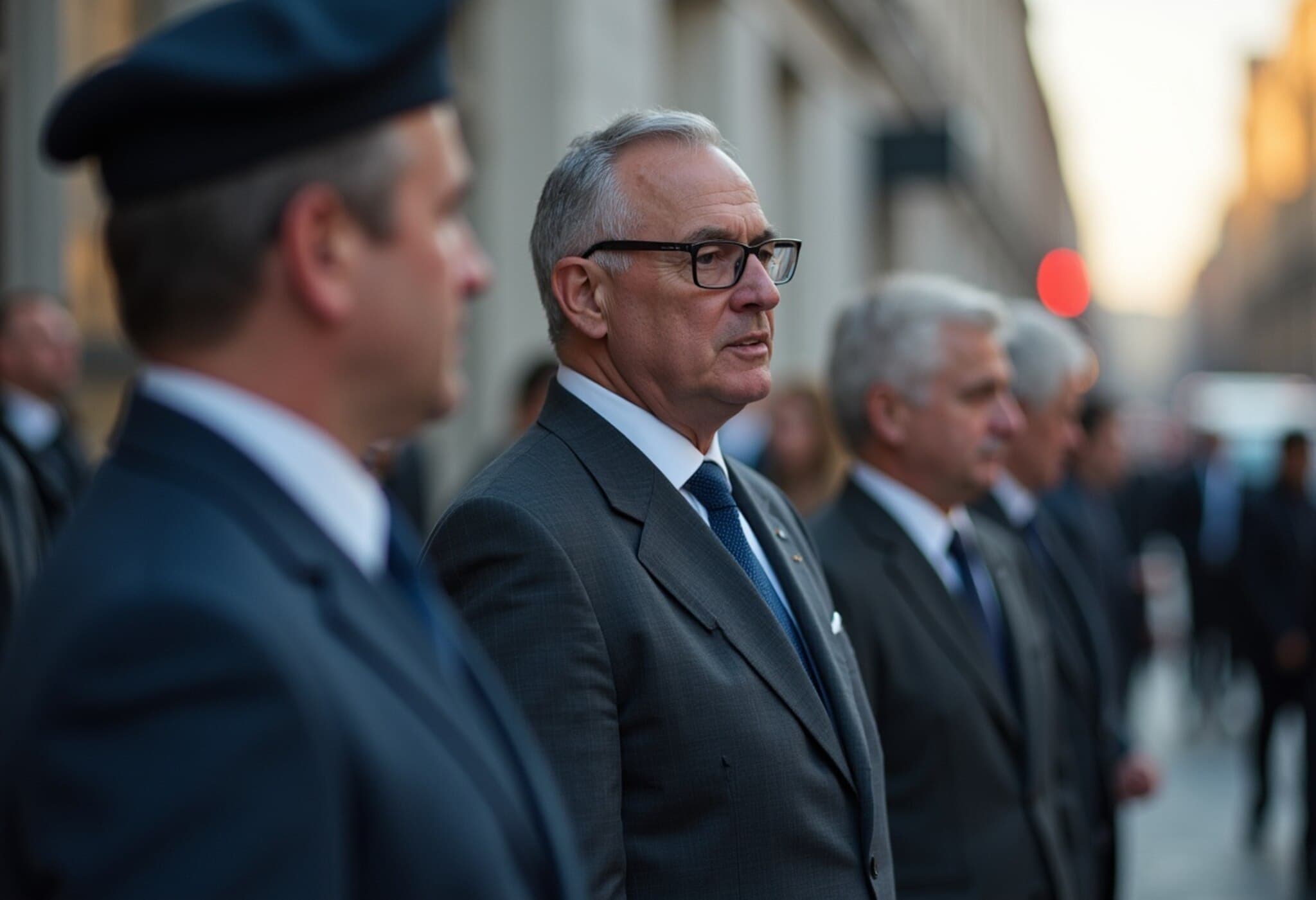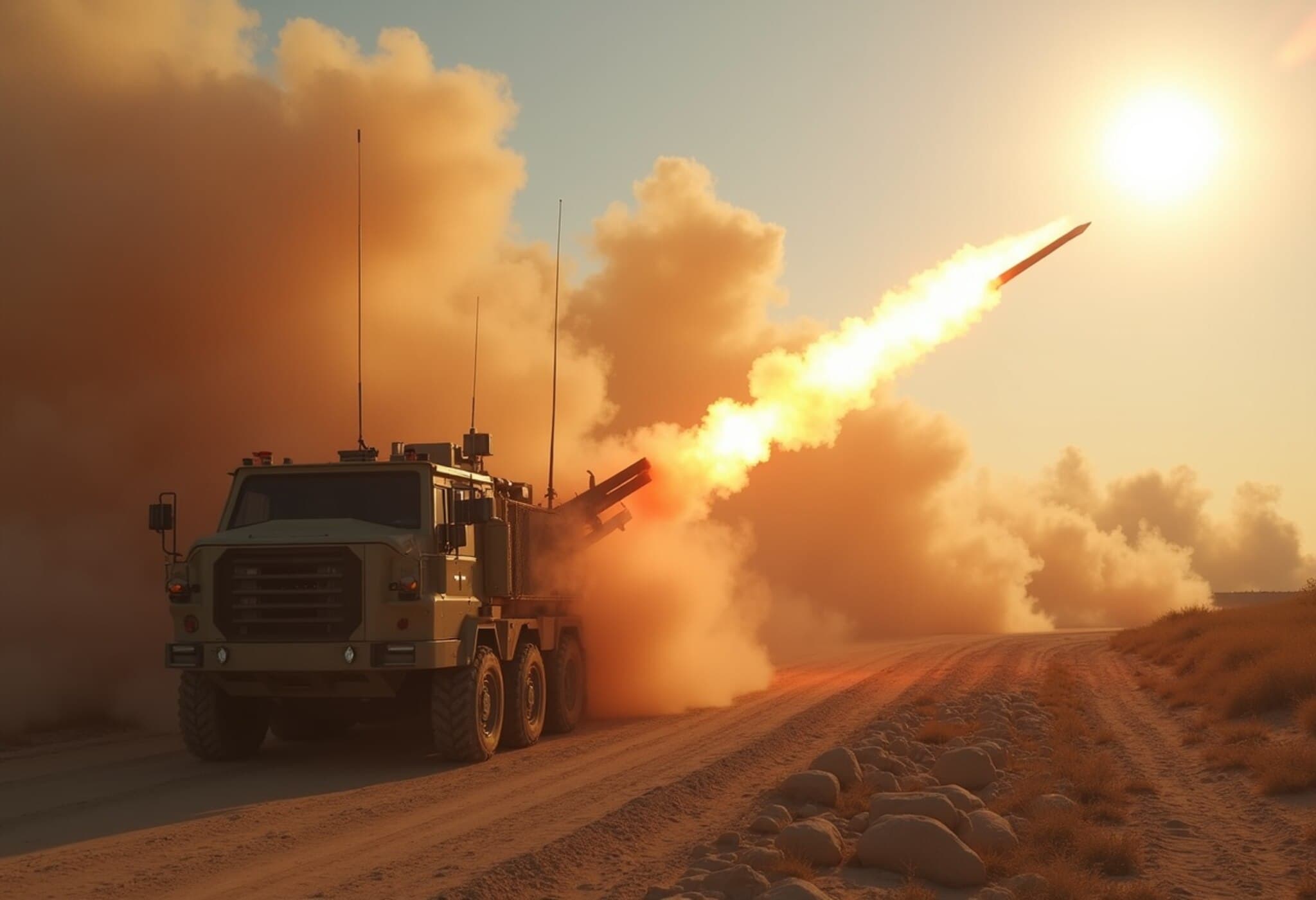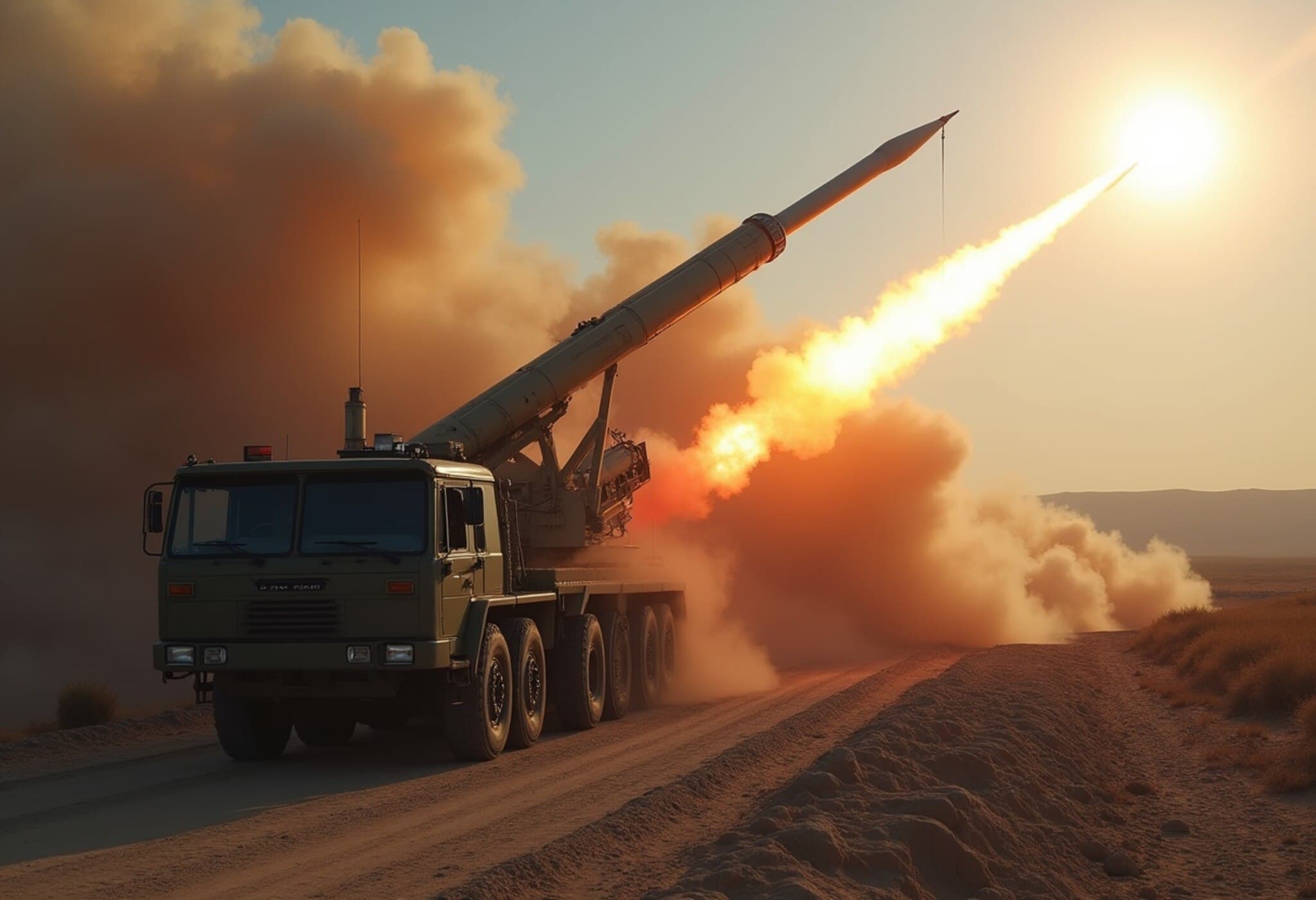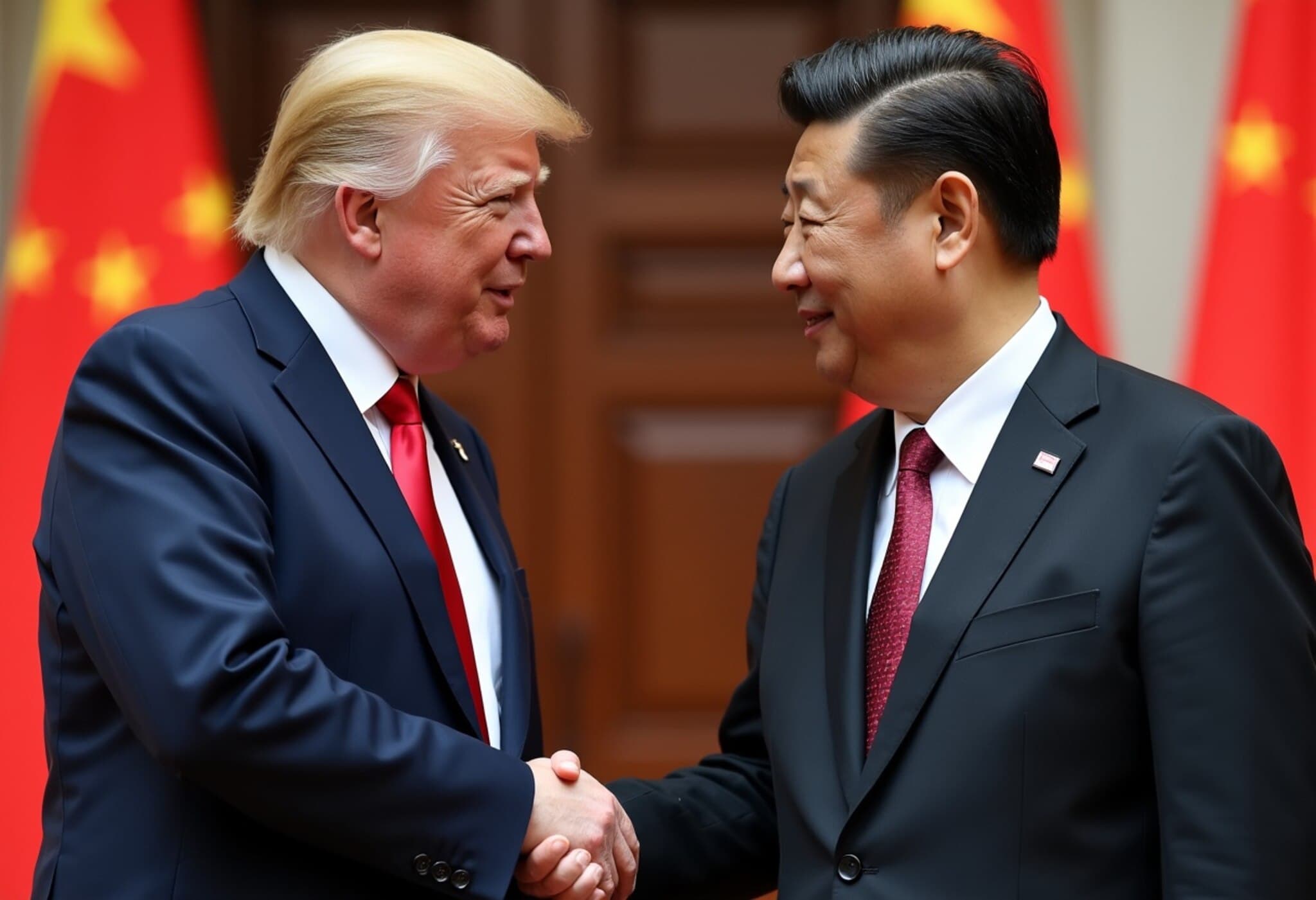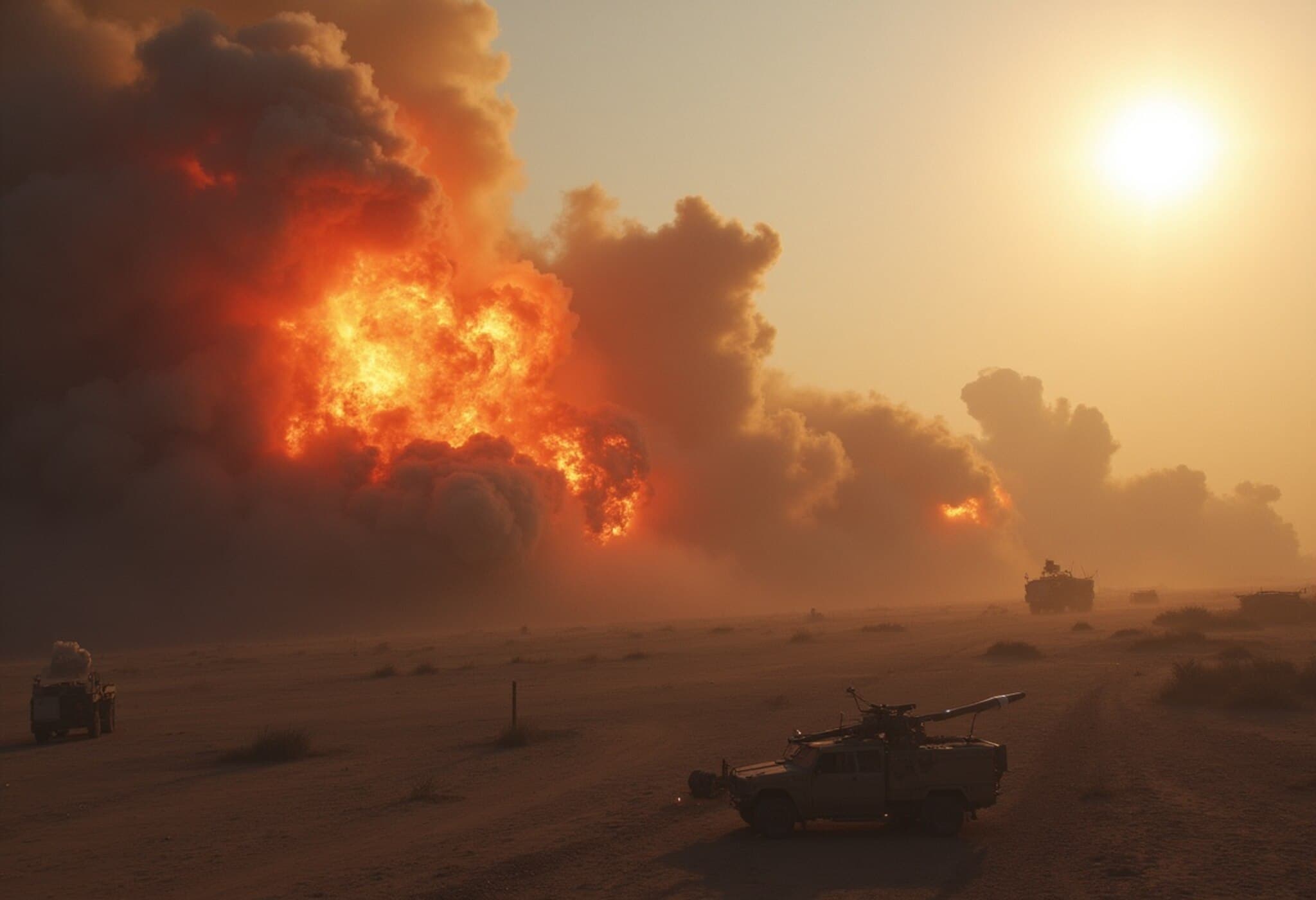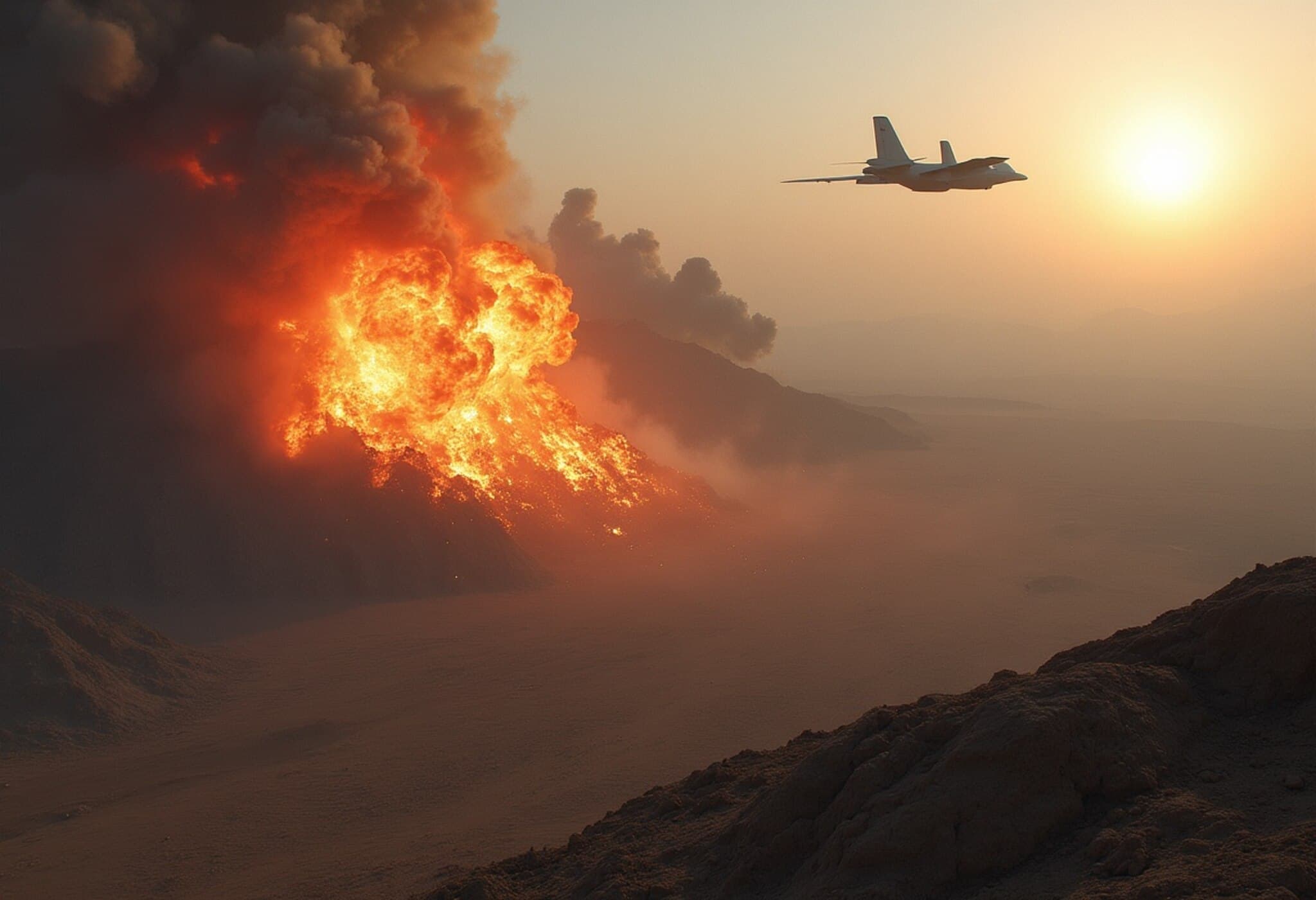FATF Connects Seized Indian Cargo to Pakistan's Missile Development
In a revealing update, the Financial Action Task Force (FATF) has connected dual-use equipment, seized by Indian authorities in 2020, to Pakistan's missile programme. The confiscated items were reportedly destined for Pakistan’s National Development Complex (NDC), the country's key institution responsible for missile research and manufacturing.
The 2020 Seizure: A Closer Look
On February 3, 2020, Indian customs stopped the merchant vessel Da Cui Yun at Gujarat’s Kandla port after discovering a shipment declared as an industrial dryer was in fact an autoclave—equipment capable of handling sensitive high-energy materials used in missile manufacturing.
Further investigation revealed that this dual-use equipment was misdeclared in documents, aiming to bypass export controls. The FATF report highlights that these autoclaves are controlled under the Missile Technology Control Regime (MTCR), reflecting their significance in missile development.
Implications Raised by FATF Findings
The FATF’s latest report underscores the misuse of maritime shipping channels for transporting sensitive dual-use technologies that could fuel weapons programmes. It notes:
- The shipment’s bill of lading confirmed links between the importer and Pakistan’s NDC, which is actively involved in developing long-range ballistic missiles.
- Exporting such equipment without formal authorization violates international and national laws.
- Persistent vulnerabilities remain in the global financial system’s effort to curb funding for weapons of mass destruction (WMD).
Challenges in Combatting Proliferation Financing
Despite growing threats, the report grimly states that just 16% of countries assessed demonstrate effective implementation of targeted financial sanctions designed to prevent proliferation financing. The FATF warns that unless both governments and businesses strengthen their technical oversight and compliance mechanisms, illicit actors will continue exploiting loopholes.
New tactics to evade sanctions are becoming increasingly advanced, complicating monitoring efforts. The report highlights the need for improved vigilance and international cooperation to thwart attempts to circumvent export controls.
What This Means Going Forward
The case of the 2020 dual-use equipment seizure serves as a critical example of the ongoing risks posed by the misuse of global trade networks to support weapons programmes. Strengthening customs inspections, export controls, and financial sanctions enforcement remains essential to curb the proliferation of missile technologies and WMD.
In summary, the FATF’s findings spotlight the durability of proliferation threats and the evolving sophistication of illicit trade, urging a coordinated global response to safeguard security.



